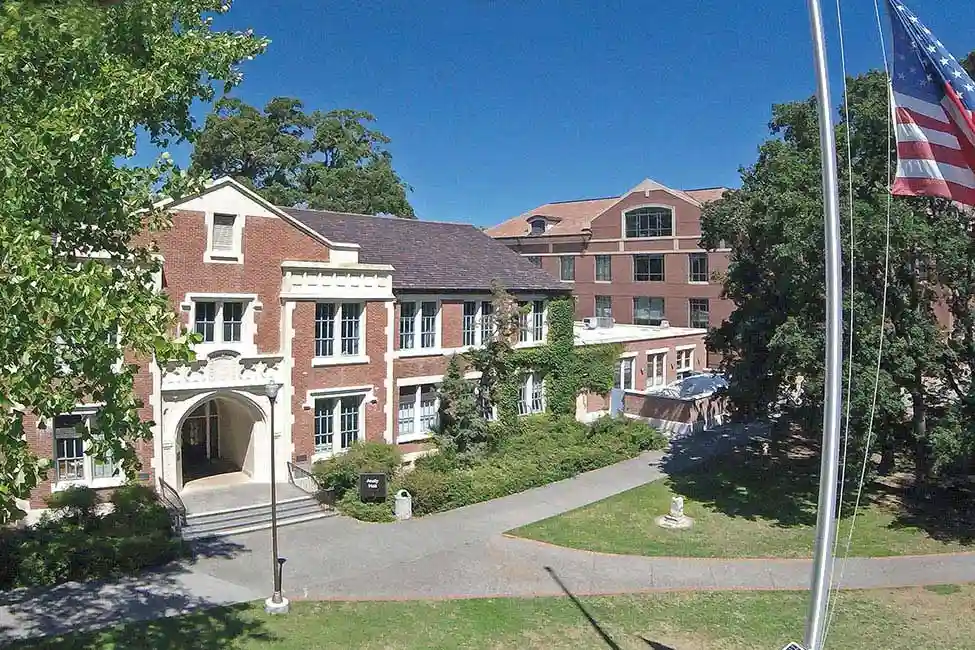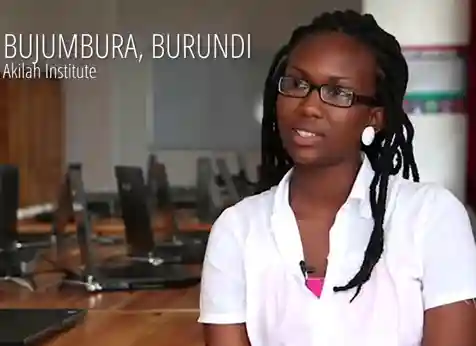From Student Blogger, Karim: Choosing Your Major

One of the hardest decisions a person makes in his or her life is what they want to do with it. This task becomes even harder when you decide on pursuing further education. Besides the many degree types that exist; an associate’s degree, a bachelor’s degree, a master’s degree or even a Ph.D., there is still the question of what you want to major in. Looking back at my high school, undergraduate, and soon to be concluded graduate years, I not only severely struggled with choosing what I wanted, but I also changed my mind multiple times.
In high school, I wasn’t entirely sure what I wanted to do my bachelor’s degree in, so I ended up taking both humanities and science classes. When I started college, my declared major was electrical engineering. Even with that, I wasn’t sure what I wanted to specialize in. Fast forward to halfway through my sophomore year, I made the decision to switch to journalism. After another year in the field, I decided that I would rather specialize in broadcast journalism compared to print journalism. Being two classes away from a minor in advertising, I thought why not, and finished that as well. Now for my master’s program, I am doing it in communication studies and journalism, which isn’t too far off my major, but my entire approach is purely academic. To make matters worse, if a person looks at my resume, they might be confused about what I want to do. You will find everything from working at a climbing wall to teaching a class of 180 students.
Now let’s say that you finally made the life-changing decision to pursue a college degree. You are about to finish high school, and because of how hesitant you were about your future, you took a wide variety of classes encompassing the sciences, humanities and the arts. There is nothing wrong with being well rounded in your education, but a decision must be made. How does one reach said decision, these questions might help:
What Intrigues you?
Now let’s start with the basics. What are you excited to do? What do you want to learn about? What captures your attention? For example, if you love video games, why not pursue a degree in video game design.
What are you passionate about?
When we were told to follow our dreams, and become what ever we want, this is what they were talking about. Some people want to change the world, but don’t know how. Simply put, ask yourself what you want the end-result is and go from there. For example, you want the world to run on renewable energy, why not specialize in solar energy and help develop a new generation of highly efficient solar panels.
What are you good at?
My high school graduating class was highly diverse in skills and abilities. Some were artistically talented. Some were athletically talented. Some could, to my surprise, able to understand organic chemistry. Some had a business mindset, while others were great at academic writing. One of the most important things is figuring out what you are good at. This not only helps you narrow down fields work for you but also helps you omit fields you shouldn’t approach. A person who is bad at math, for example, should probably avoid a statistics degree.
How much money do I want to make?
Unfortunately, this is a pretty important question. Some fields simply don’t pay as much as other fields. A chemical engineering degree will pay, on average, almost twice as much as an educational degree. If money is an important factor for you, make sure to check salary potentials for fields you find interesting. That being said, some of the best advice when it comes to money, do what you want, but make sure you are good at it.
Is the time right?
Now, this doesn’t just apply for making the decision to enter college but also applies to when you choose your major. At least 20% of college students enter their university with an undeclared major. Another third will change their major at least once within the first two years. It is perfectly fine to start your higher education journey without a clear, detailed path. Changing your mind is also perfectly acceptable. If anything, it shows that you are evolving and slowly understanding yourself.
Conclusion
Just remember, taking things slow and considering all the variables is not just vital when choosing a major, but also an important life skill to develop. Sometimes taking electives in your first year or so isn’t a bad idea. I have met students who completely changed their major just because they took a class that piqued their interest. Colleges also have many advisors available who will not only help you choose your classes but also guide you toward the right field for you.
Karim Abdelazim is currently a graduate student at South Dakota State University.
Karim Abdelazim
Get matched to the best program for you
Let us know what you're looking for so we can find the best school for you.
Useful Articles
Check Out These Schools


Santa Rosa Junior College
$10,000 — $15,000 Year

Start your U.S. adventure with Study in the USA

Learn About U.S. education financing, housing, and more
Resources
Learn about American culture and education direct from our experts at Study in the USA. Read more













